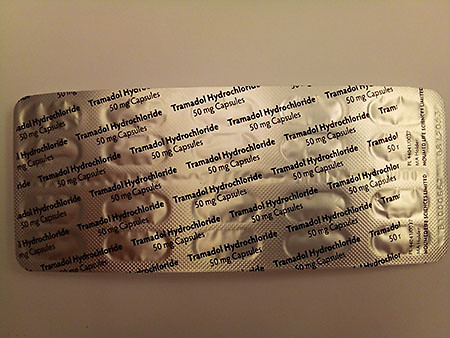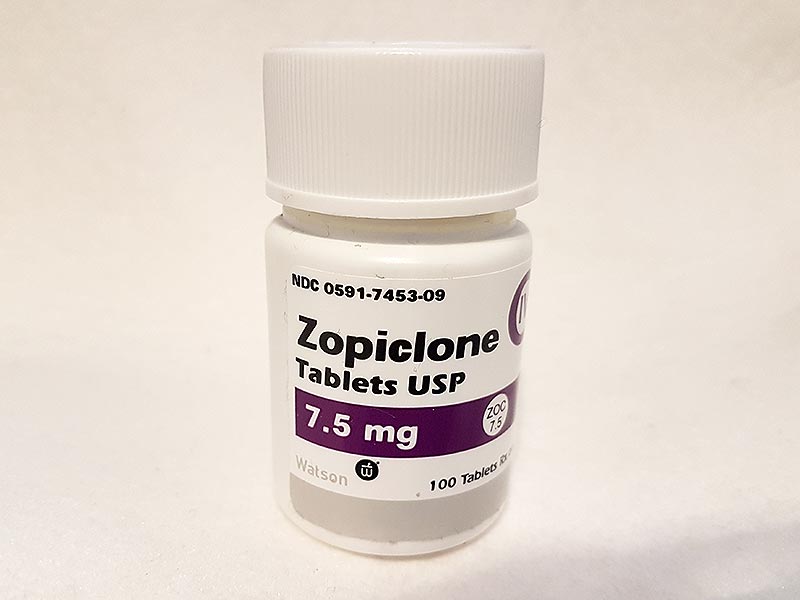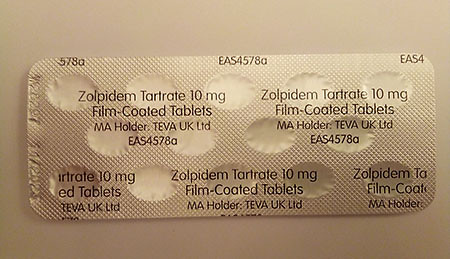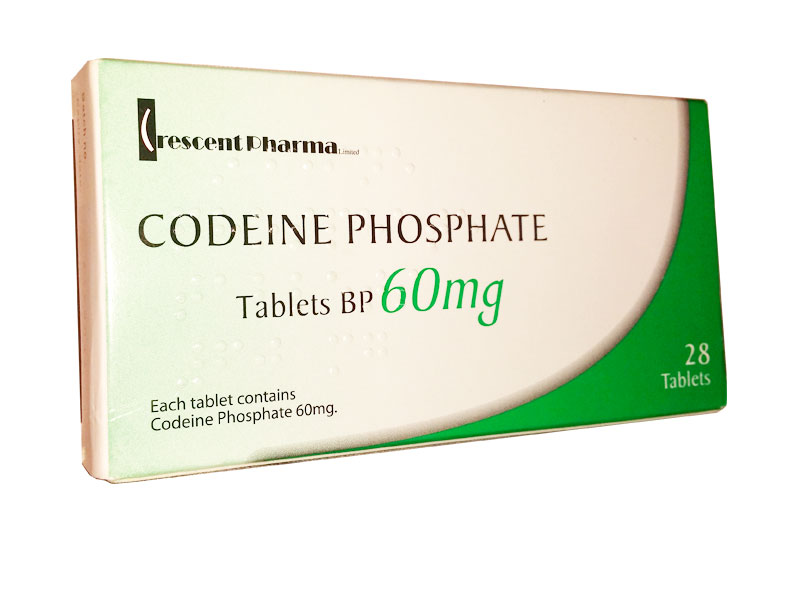UK Tramadol 50mg | Product Details
UK Tramadol 50mg
Tramadol is used to treat moderate to severe pain.
- No prescription required.
- Next Day UK delivery.
Product Info
- Discription
- Additional Information
Before taking tramadol,
- tell your doctor and pharmacist if you are allergic to tramadol or other opiate pain or cough medications any other medications, or any of the ingredients in tramadol tablets, extended-release tablets, extended-release capsules, or orally disintegrating tablets. Ask your pharmacist for a list of the ingredients.
- tell your doctor and pharmacist what other prescription and nonprescription medications, vitamins, and nutritional supplements you are taking or plan to take. Be sure to mention any of the following: anticoagulants ('blood thinners') such as warfarin (Coumadin); certain antifungal medications such as ketoconazole (Nizoral); digoxin (Lanoxin); erythromycin (E.E.S., E-Mycin, Erythrocin); linezolid (Zyvox); lithium (Lithobid); medications for anxiety, mental illness, nausea, and pain; certain medications for migraine headaches such as almotriptan (Axert), eletriptan (Relpax), frovatriptan (Frova), naratriptan (Amerge), rizatriptan (Maxalt), sumatriptan (Imitrex), and zolmitriptan (Zomig); medications for seizures, such as carbamazepine (Equetro, Tegretol); monoamine oxidase (MAO) inhibitors, including isocarboxazid (Marplan), phenelzine (Nardil), selegiline (Eldepryl, Emsam, Zelapar), and tranylcypromine (Parnate); muscle relaxants such as cyclobenzaprine (Flexeril); promethazine (Phenergan); quinidine; rifampin (Rifadin, Rifamate, Rimactane, others); sedatives; sleeping pills; selective serotonin reuptake inhibitors (SSRIs) such as citalopram (Celexa), fluoxetine (Prozac, Sarafem), fluvoxamine (Luvox), paroxetine (Paxil, Pexeva), and sertraline (Zoloft); serotonin norepinephrine reuptake inhibitors (SNRIs) such as desvenlafaxine (Pristiq), duloxetine (Cymbalta), and venlafaxine (Effexor); tranquilizers; and tricyclic antidepressants such as amitriptyline, amoxapine, clomipramine (Anafranil), desipramine (Norpramin), doxepin (Silenor), imipramine (Tofranil), nortriptyline (Aventyl, Pamelor), protriptyline (Vivactil), and trimipramine (Surmontil). Many other medications may also interact with tramadol, so be sure to tell your doctor about all the medications you are taking, even those that do not appear on this list. Your doctor may need to change the doses of your medications or monitor you carefully for side effects.
- tell your doctor what herbal products you are taking, especially St. John's wort.
- tell your doctor if you have or have ever had slowed breathing, lung disease, or asthma. Your doctor may tell you not to take tramadol.
- tell your doctor if you have or have ever had seizures; an infection in your brain or spine; a head injury, a brain tumor, a stroke, or any other condition that caused high pressure inside your skull; depression; thoughts about harming or killing yourself or planning or trying to do so; mental illness; or kidney or liver disease. Also tell your doctor if you drink or have ever drunk large amounts of alcohol, use or have ever used street drugs, or have overused prescription medications.
- tell your doctor if you are pregnant, plan to become pregnant, or are breast-feeding. If you become pregnant while taking tramadol, call your doctor.
- if you are having surgery, including dental surgery, tell the doctor or dentist that you are taking tramadol.
- you should know that this medication may make you drowsy and may affect your coordination. Do not drive a car or operate machinery until you know how this medication affects you.
- you should know that drinking alcohol or using street drugs during your treatment with tramadol increases the risk that you will experience serious, life-threatening side effects. Talk to your doctor about the risks of drinking alcohol or using street drugs during your treatment.
- you should know that tramadol may cause dizziness, lightheadedness, and fainting when you get up from a lying position. To avoid this, get out of bed slowly, resting your feet on the floor for a few minutes before standing up.
- if you have phenylketonuria (PKU; an inherited condition in which a special diet must be followed to prevent mental retardation, you should know that the orally disintegrating tablets contain aspartame, a source of phenylalanine.
What special dietary instructions should I follow?
Talk to your doctor about drinking grapefruit juice while you are taking this medication.
What should I do if I forget a dose?
If your doctor has told you to take tramadol regularly, take the missed dose as soon as you remember it. However, if it is almost time for the next dose, skip the missed dose and continue your regular dosing schedule. Do not take a double dose to make up for a missed one.
What side effects can this medication cause?
Tramadol may cause side effects. Tell your doctor if any of these symptoms are severe or do not go away:
- dizziness
- weakness
- sleepiness
- difficulty falling asleep or staying asleep
- headache
- nervousness
- uncontrollable shaking of a part of the body
- muscle tightness
- changes in mood
- heartburn or indigestion
- nausea
- vomiting
- diarrhea
- constipation
- loss of appetite
- sweating
- dry mouth
Some side effects can be serious. If you experience any of these symptoms, call your doctor immediately or get emergency medical treatment:
- seizures
- fever
- hives
- rash
- blisters
- difficulty swallowing or breathing
- swelling of the eyes, face, throat, tongue, lips, hands, feet, ankles, or lower legs
- hoarseness
- hallucinations (seeing things or hearing voices that do not exist)
- agitation
- loss of consciousness
- lack of coordination
- fast heartbeat
Tramadol may cause other side effects. Tell your doctor if you have any unusual problems while you are taking this medication.
What should I know about storage and disposal of this medication?
Keep this medication in the container it came in, tightly closed, and out of reach of children. Store it at room temperature and away from excess heat and moisture (not in the bathroom). Keep tramadol in a safe place so that no one else can take it accidentally or on purpose. Keep track of how many tablets or capsules are left so you will know if any are missing Throw away any medication that is outdated or no longer needed. Talk to your pharmacist about the proper disposal of your medication.
In case of emergency/overdose
In case of overdose, call your local hospital. If the victim has collapsed or is not breathing, call local emergency services at 999.
Symptoms of overdose may include:
- decreased size of the pupil (the black circle in the center of the eye)
- difficulty breathing
- extreme drowsiness
- unconsciousness
- coma (loss of consciousness for a period of time)
- slowed heartbeat
- muscle weakness
- cold, clammy skin




